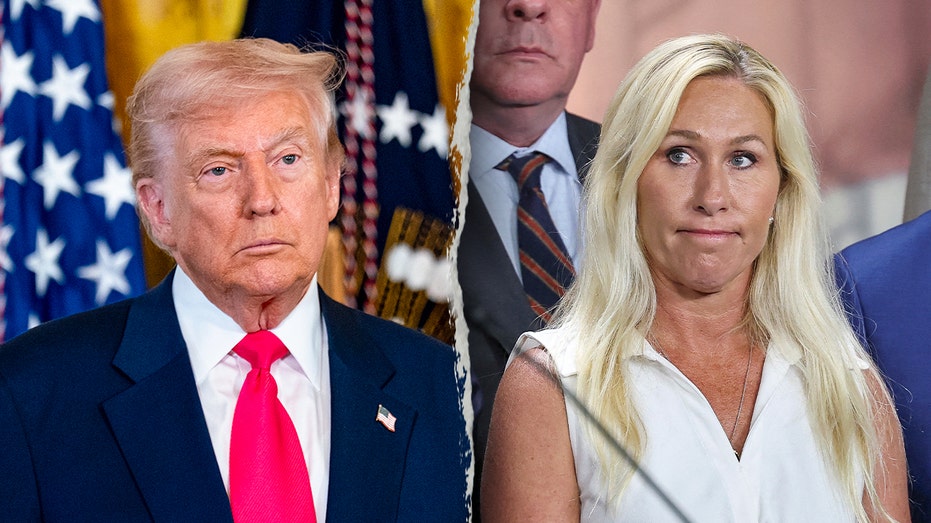The political landscape remains fractured, reeling from a recent tragedy and shadowed by accusations of biased journalism. A chilling event – the assassination of a prominent conservative voice – continues to ignite debate and expose deep divisions within the nation.
Senator John Fetterman recently found himself the target of a pointed interview with Katie Couric, a journalist known for her progressive leanings. The conversation, framed as a standard political discussion, quickly veered into uncomfortable territory as Couric attempted to elicit criticism of the slain leader, Charlie Kirk.
Couric’s approach was subtle at first, questioning the appropriateness of posthumous honors bestowed upon Kirk, even suggesting that tributes were “over the top.” She then directly challenged Fetterman, characterizing Kirk’s rhetoric as “extreme” and seeking a condemning statement from the Senator.

Remarkably, Fetterman consistently refused to take the bait. He staunchly defended the principles of free speech, stating he was an “absolute free speech guy,” and redirected the focus to the horrific nature of the assassination itself – a political murder motivated by ideological opposition.
His refusal to condemn Kirk drew praise from Turning Point USA, the organization Kirk founded, and highlighted a commitment to principle even in the face of intense pressure. The incident underscored the dangerous consequences of escalating political rhetoric and the importance of defending even unpopular viewpoints.
The interview sparked immediate backlash, with Lara Trump, co-chair of the Republican National Committee, delivering a scathing rebuke of Couric’s tactics. She argued that Couric’s line of questioning was not only inappropriate but actively contributed to the climate of hostility that ultimately led to the tragedy.
Trump passionately defended Kirk’s character, describing him as a peaceful advocate for freedom who engaged respectfully with opposing viewpoints. She emphasized his faith and patriotism, dismissing accusations of extremism as baseless and dangerous.
Trump’s condemnation centered on the idea that Couric was seeking validation for Kirk’s murder, a notion she found “outrageous” and “disgusting.” She connected the incident to a broader pattern of demonizing political opponents and inciting violence through inflammatory rhetoric.
The tragedy serves as a stark reminder of the fragility of civil discourse and the potential consequences of unchecked animosity. It raises critical questions about the role of the media in shaping public opinion and the responsibility of individuals to engage in respectful dialogue, even amidst profound disagreement.
The nation now grapples with the aftermath, searching for a path toward healing and a renewed commitment to the principles of freedom and tolerance that are essential to a functioning democracy.





